The ongoing oil deal between Baghdad and the Kurdistan Region presents a rare opportunity to address a complex problem that has persisted for over 15 years. Had Iraq’s oil and gas sector been properly regulated after the adoption of the permanent Iraqi constitution, many of the disputes between Erbil and Baghdad might have been avoided altogether.
Unfortunately, successive Baghdad governments—both Sunni and Shiite—refused to embrace federalism. They clung to the centralized energy framework established under Saddam Hussein and failed to enact new laws for managing oil and gas resources. As a result, the sector continued to operate under outdated Ba’ath-era legislation.
An agreement with then-Prime Minister Nuri al-Maliki set a two-year deadline for passing a new oil and gas law. If Baghdad failed to meet it, the Kurdistan Region could proceed with exploration and extraction independently. Yet, the Kurdish parties, including the PUK and PDK, showed limited pressure for the new law, partly because some factions benefited from the status quo.
The Kurds historically missed opportunities to leverage their influence in Baghdad, particularly during periods when U.S. forces dominated the capital. A strategic push for decentralized energy management could have strengthened their position. Instead, Baghdad capitalized on divided Kurdish interests and maintained control, even resisting special laws that would have granted the Kurdistan Region greater autonomy over oil and gas.
This marginalization, however, was temporary. Baghdad waited for the Kurds to weaken internally and then used the constitution, the federal court, and the remnants of Saddam-era laws to reclaim control over the energy sector. Widespread corruption within the Kurdish energy sector meant that the public and other political forces were largely unwilling to defend Kurdish autonomy in this area. In fact, many citizens favored Baghdad’s intervention in the ongoing Erbil-Baghdad conflict.
The past decade has been particularly challenging for the Kurdistan Region. Budget cuts, financial crises, mismanagement of economic and energy policies, delayed salaries, and rising unemployment created a perfect storm. These pressures have made handing over oil management to Baghdad a pragmatic path to stabilize the region’s fragile economy.
While the current agreement is not entirely favorable to Baghdad, U.S. pressure has prevented Baghdad from demanding even more concessions. The deal ensures salary payments, budget support, and opens the door for future gas exports—a strategic priority for both the U.S. and European countries. Iraq’s current geopolitical and economic weaknesses leave it little choice but to honor the agreement, though Baghdad may seek to renegotiate if it regains strength.
For the Kurdistan Region, this agreement is an opportunity to resolve longstanding disputes over oil and gas. With the backing of the U.S. and Western allies, the region could finally push for a comprehensive oil and gas law that addresses mistakes made after the constitutional adoption. Until such legislation is enacted, the Kurdistan Region should fully adhere to the agreement. Kurdish citizens, who have endured financial hardship and political instability, stand to benefit from improved salaries and economic stability.
Effective management of this agreement can also provide long-term benefits. The Kurdish Region has learned that unilateral control of oil did not necessarily serve its people. By temporarily returning oil management to Baghdad, the region can secure immediate economic relief while preparing for better governance and infrastructure in the future.
Ultimately, the Kurdistan Region must approach this agreement strategically: accepting temporary control by Baghdad not as a loss, but as a means to stabilize the economy, protect citizens’ livelihoods, and lay the groundwork for a more prosperous and autonomous energy sector in the future.









